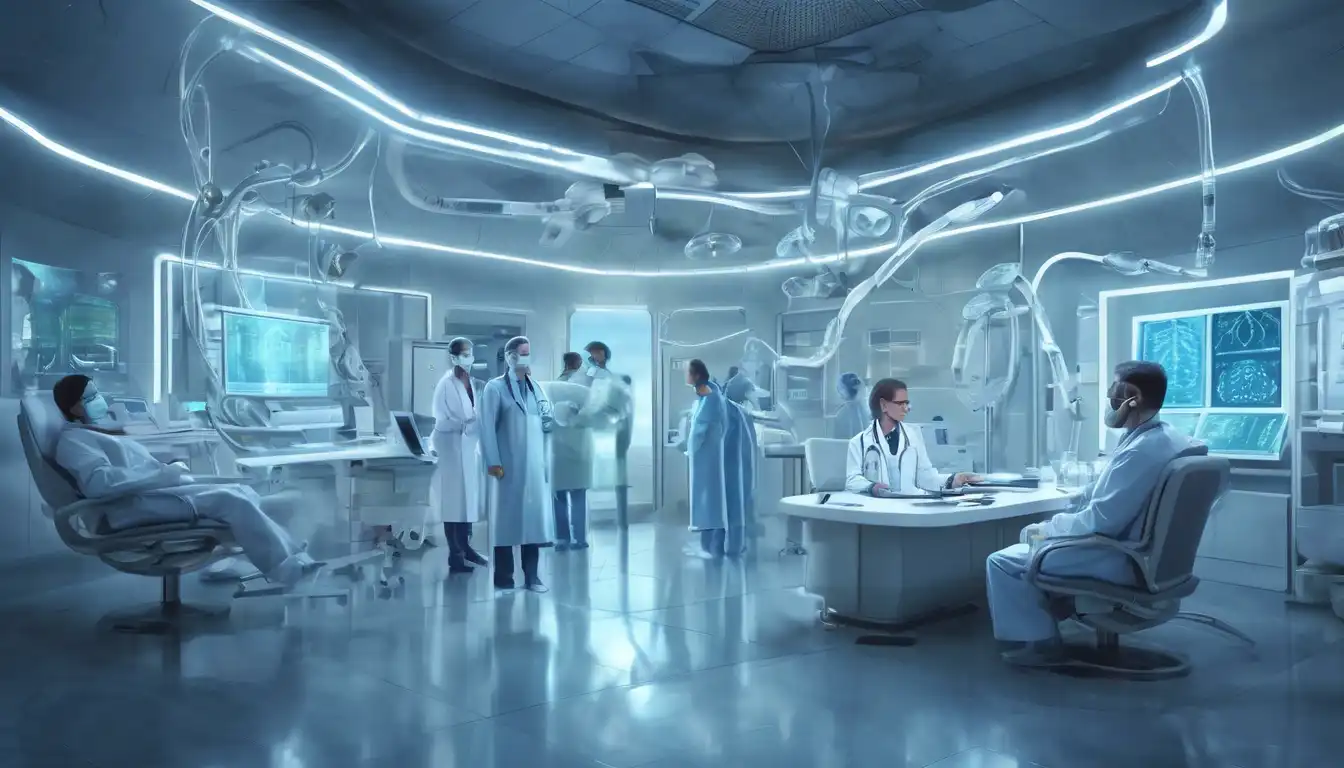The Revolutionary Role of AI in Healthcare
Artificial Intelligence (AI) is revolutionizing the healthcare industry by providing innovative solutions that enhance patient care, streamline operations, and reduce costs. From diagnostics to treatment personalization, AI's role in modern healthcare is undeniable.
Enhancing Diagnostic Accuracy
AI algorithms are now capable of analyzing complex medical data with precision, aiding in the early detection of diseases such as cancer and diabetes. This not only improves patient outcomes but also significantly reduces the workload on healthcare professionals.
Personalizing Patient Treatment
By leveraging vast amounts of data, AI enables the customization of treatment plans to the individual's unique genetic makeup, lifestyle, and health history. This personalized approach ensures higher efficacy and minimizes side effects.
Streamlining Healthcare Operations
AI-powered tools are optimizing administrative tasks, from scheduling appointments to managing patient records, allowing healthcare providers to focus more on patient care rather than paperwork.
Reducing Healthcare Costs
Through predictive analytics and efficient resource management, AI is helping to lower healthcare costs by preventing unnecessary procedures and hospital readmissions.
Challenges and Ethical Considerations
Despite its benefits, the integration of AI in healthcare raises important ethical questions regarding data privacy and the potential for bias in AI algorithms. Addressing these challenges is crucial for the sustainable adoption of AI technologies.
For more insights into how technology is shaping the future of healthcare, explore our technology in healthcare section.
Conclusion
The role of AI in modern healthcare solutions is transformative, offering unprecedented opportunities to improve patient care and operational efficiency. As the technology evolves, so too will its applications, promising a future where healthcare is more accessible, personalized, and effective.
